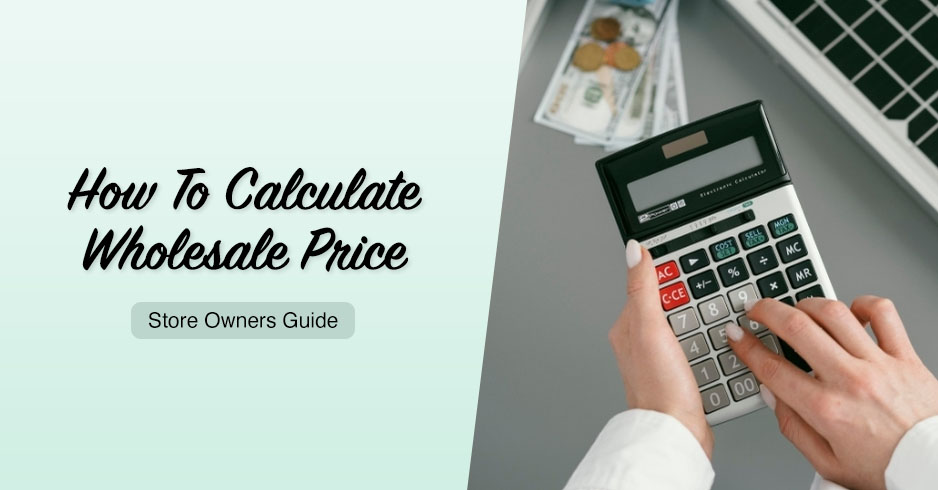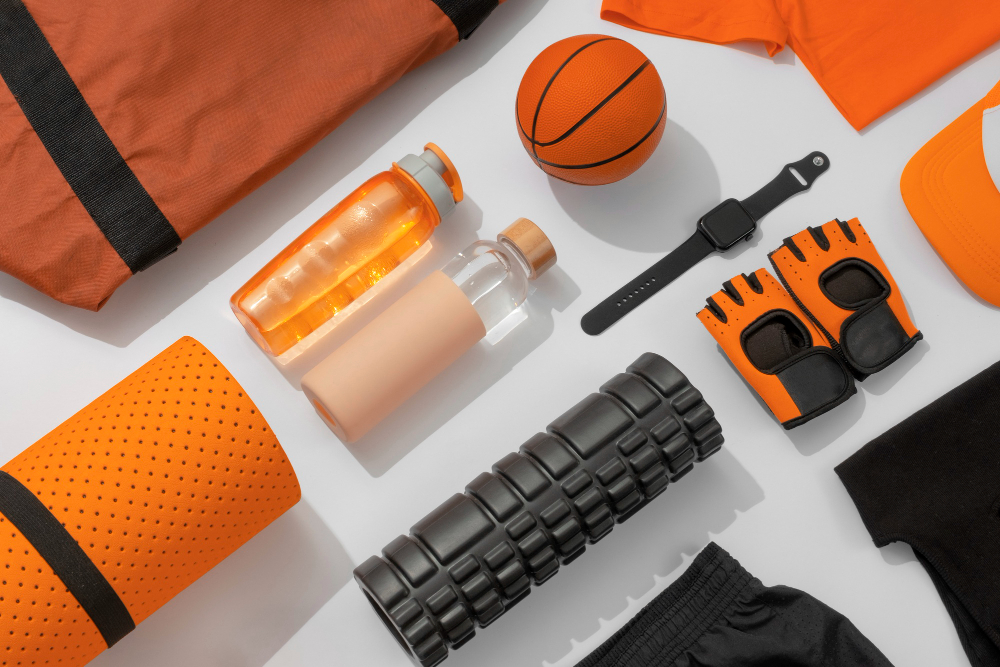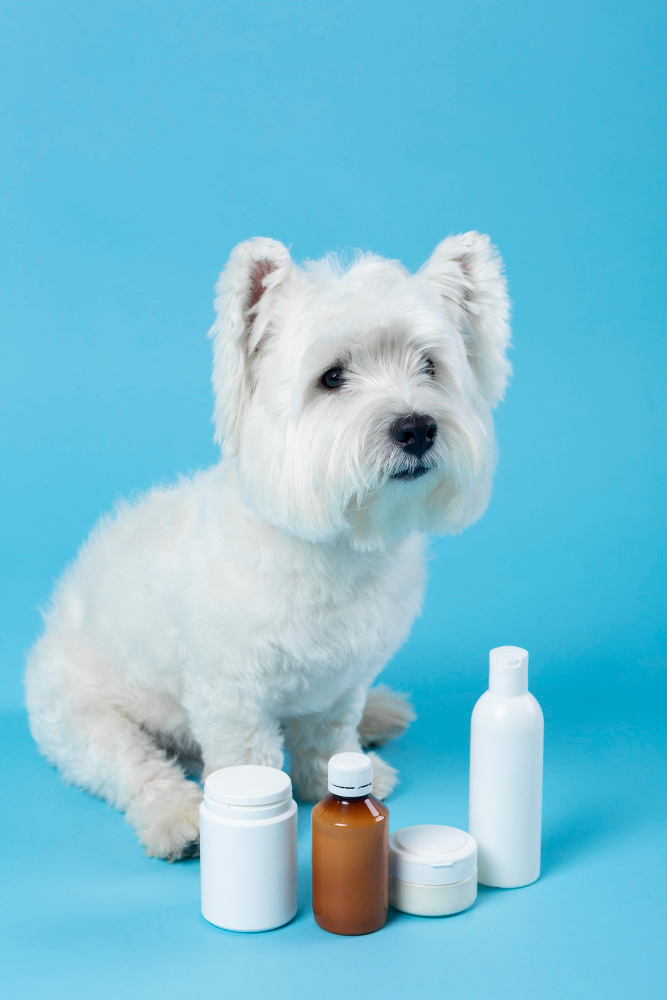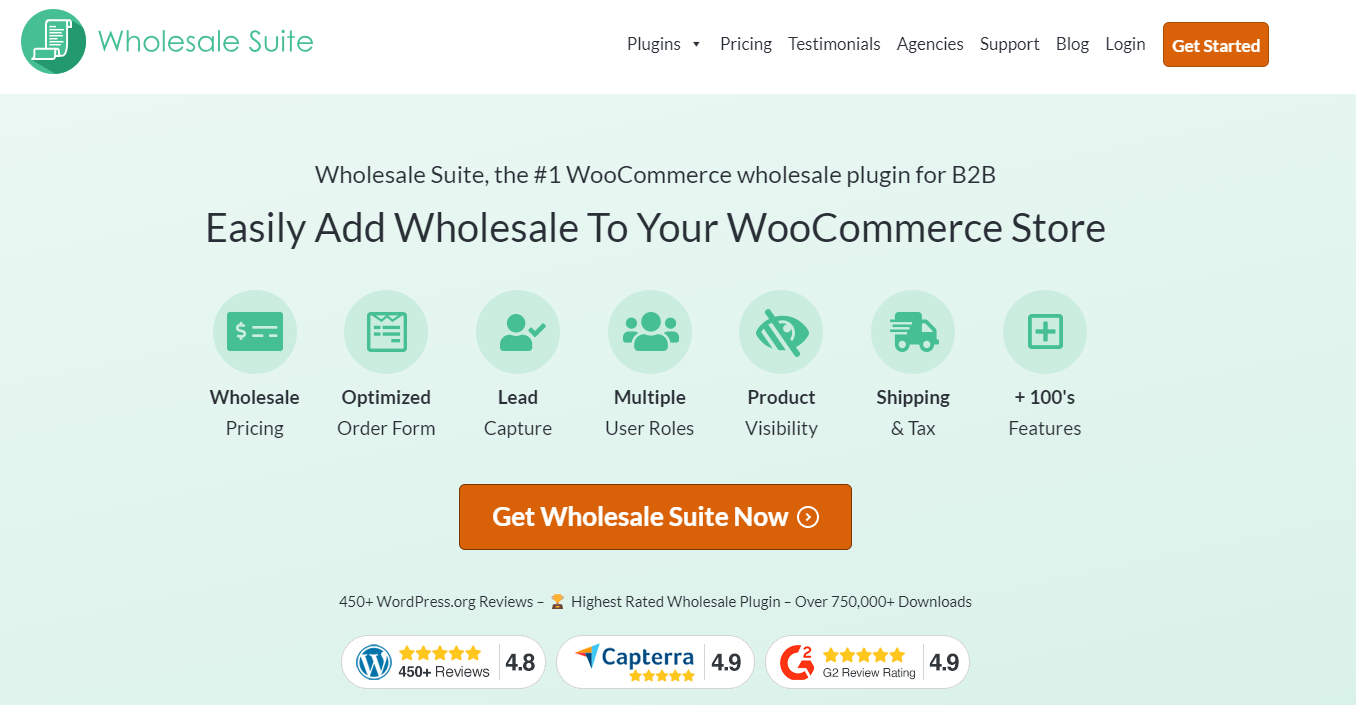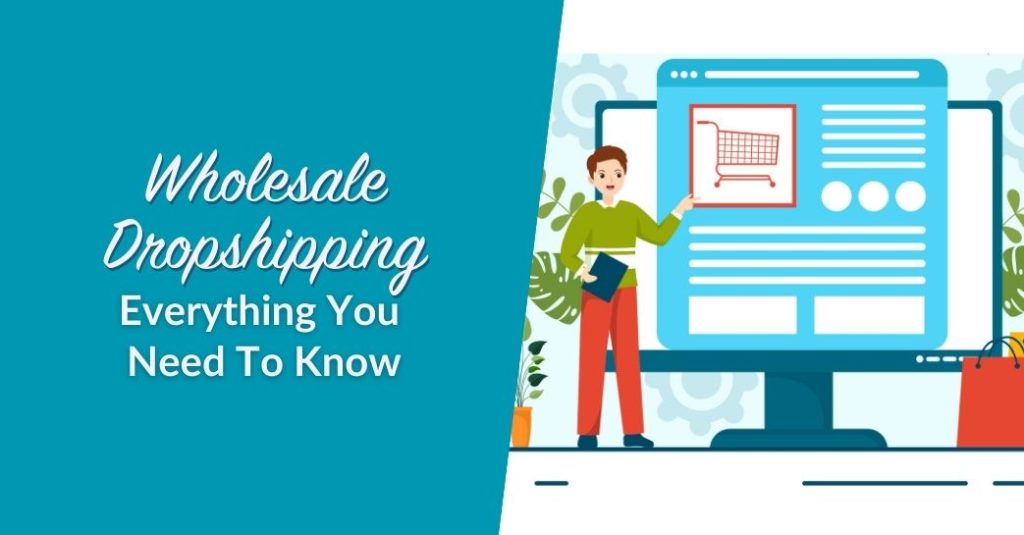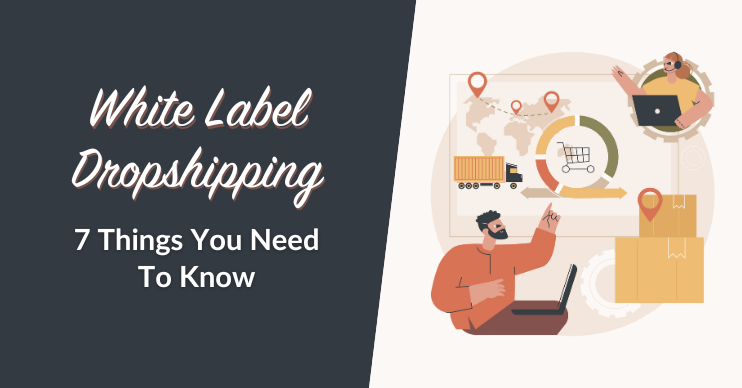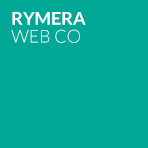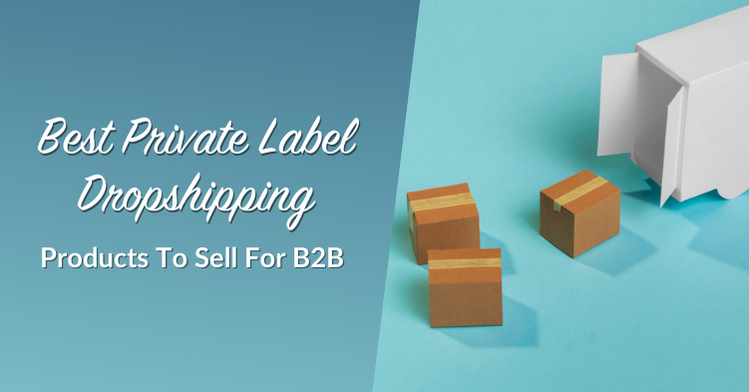
Starting a dropshipping business is already a big step. But what if you could sell products that look like they’re made by your brand, without making them yourself? That’s what private label dropshipping does. It gives wholesale sellers a way to build their name, sell in bulk, and keep customers coming back.
More B2B store owners are now using this setup to offer custom-branded items. If you’re selling to other businesses, this guide will help you find the best private label products and show you how to grow your private label dropshipping business from the ground up.
What Is Private Label Dropshipping?
Private label dropshipping is a way to sell products with your own brand name, without needing to make or store the items yourself. Instead, you work with a dropshipping supplier who creates the product and ships it directly to your customer. You handle the selling part, and they take care of the rest.
Let’s say you want to sell shampoo with your business name on the label. You don’t need a factory or a big warehouse; you just need to find a supplier who already makes the shampoo and allows private labeling. Then, you send them your logo, and they’ll put it on the bottles. When someone buys it from your online store, the supplier packs it and sends it straight to the buyer.
This setup is helpful for business owners who want to sell label products but do not want to deal with the high costs of making them from scratch. It’s also easier to test new ideas because you don’t have to buy a lot of stock right away.
Many wholesale sellers choose private label dropshipping because it gives them the chance to offer something unique. Instead of selling the same thing as everyone else, they sell customized items with their own name, style, and packaging. This helps them build a brand, which is very important in the B2B world.
Bonus Tip: Track emerging consumer behavior trends to guide your private label product selection. Trends like sustainability, personalization, and wellness are shaping what B2B buyers want—and aligning with them can give your brand a serious edge.
4 types of private labels
There are four common types of private labels, and each one gives you a different level of control over how your products are sold. The first one is called a generic label. This is when you sell a product without any branding at all. It’s the simplest form, but it doesn’t help much if you’re trying to build a brand.
The second type is a store brand. This is when the product is made just for your store and is only sold by you. It looks more professional and helps your business stand out.
The third type is an exclusive brand. This means a supplier makes a special version of a product just for you, and no one else can sell it.
Lastly, there’s something called a controlled brand. This gives you the most power. You decide how the product is priced, where it’s sold, and how it’s marketed.
In a B2B setting, store brands and controlled brands are popular because they help build customer trust and make your business feel more reliable.
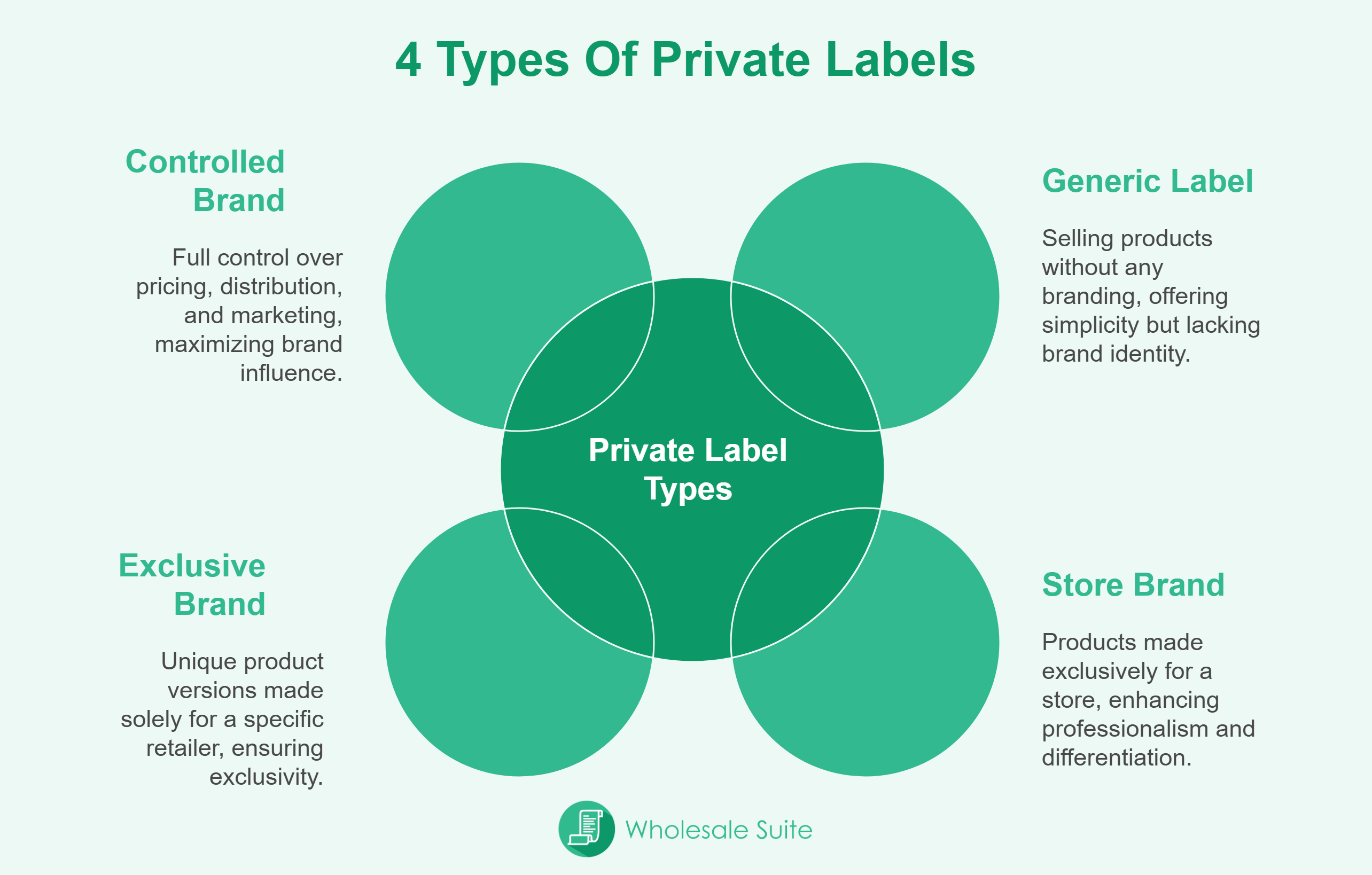
Why sell private label dropshipping products in B2B?
Selling private label dropshipping products in B2B gives you more than just a way to make sales. And here’s why it’s becoming even more popular for wholesale businesses:
- Stand out by offering your own branded version of popular items
- Get better control over how your products look and feel
- Avoid holding inventory or paying for storage
- Start small and grow over time
- Sell to other businesses that want trusted, consistent products
Let’s break down a few more things why this setup works well for wholesale sellers.
More control over pricing and packaging
In regular dropshipping, the supplier controls everything. You just sell what they give you. But in private label dropshipping, you have a say.
You can:
- Choose what your product looks like
- Pick the design of your packaging
- Add instructions, inserts, or other extras
- Decide your price without worrying about someone undercutting you with the same item
That level of control helps you shape your business the way you want. It also makes you less dependent on trends or supplier changes.
For B2B, this matters a lot. Businesses that resell your products or use them in their services want consistency. If you control how the product is presented, you can keep their trust longer.
Easier to scale with repeat wholesale buyers
Most wholesale businesses dream of one thing: repeat orders. A one-time sale is great, but a long-term buyer is better.
With private label dropshipping, your chances of getting repeat orders go up. That’s because you’re not just selling a product; they’re buying your brand. If your product works well and looks great, B2B buyers are more likely to come back and reorder in bulk.
And since you’re not storing or packing anything yourself, you can grow your store without worrying about space, staff, or warehouse costs.
Best Private Label Dropshipping Products For B2B
Selling to other businesses is all about trust, quality, and consistency. If you offer products that businesses already use every day—but with your own branding—you give them something familiar, but better. These private label products can help you stand out, and they work well when sold in bulk.
Here are some top categories to consider:
1. Skincare and beauty products
Skincare is one of the most popular categories in private label dropshipping. That’s because many people already buy things like face wash, lotion, or soap. What makes it even better is that these products run out quickly, so buyers keep coming back.
For B2B, this category works well for:
- Spas that want their own line of facial creams
- Dermatology clinics that sell after-treatment skincare kits
- Salons that use or sell branded shampoos
Let’s say you sell a private label toner made for sensitive skin. A skincare clinic could order it in bulk and include it in every patient’s care package. This builds brand consistency for both of you.

Popular product ideas include:
- Face masks made with charcoal or aloe vera
- Body scrubs or lotions with essential oils
- Lip balms in eco-friendly tubes
- Organic soaps with custom scents
When looking for private label dropshipping suppliers, try to find ones that allow small minimum orders and offer clean, natural ingredient lists. These are usually more appealing to business buyers in the beauty space.
2. Health supplements and wellness
Supplements are used every day by people who want to stay healthy. They are also great for wholesale selling because buyers often stock up in large quantities. If you offer your own branded wellness line, you make it easier for fitness studios and health stores to resell trusted items under one label.
Examples of B2B buyers:
- Gyms that want branded protein shakes or post-workout recovery capsules
- Health shops that resell vitamins under a house brand
- Chiropractors or naturopaths who provide wellness packs
You can sell things like:
- Collagen powder for skin and joint health
- Sleep aids made with natural ingredients
- Pre-workout drinks or energy blends
- Immune support capsules
Make sure your dropshipping supplier offers full transparency. This means clear labels, safe ingredients, and proper testing. Safety builds trust. Also, try to include dosage instructions and nutritional information in every order.
3. Office supplies and stationery
Even in a digital world, businesses still use pens, planners, and notebooks. That’s why private label office supplies are always in demand. They are practical, affordable, and easy to ship.
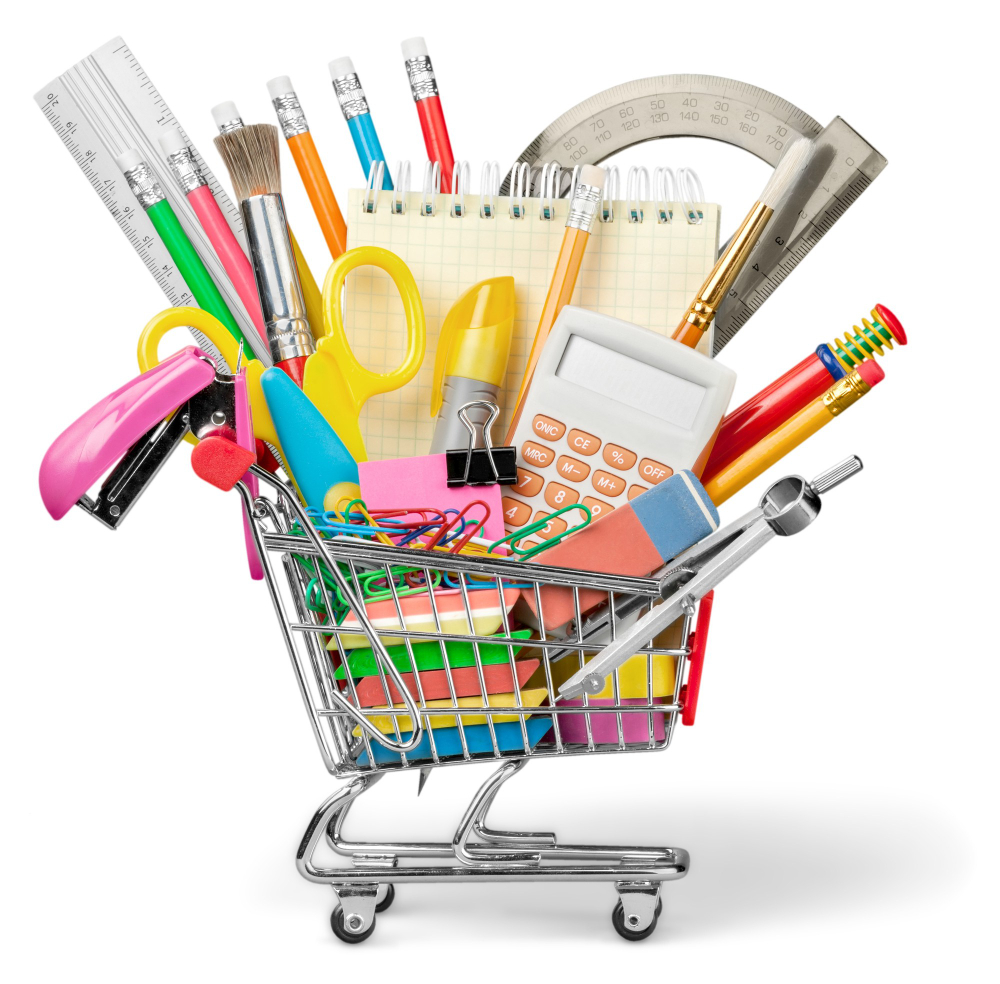
Perfect for:
- Companies giving away branded notepads during events
- Startups looking to give out welcome kits to new employees
- Schools that want to customize supplies for their students
You can create:
- Custom pens and mechanical pencils
- Journals with lined, dotted, or grid paper
- Sticky notes in your brand’s color
- Desktop organizers or calendars with your logo
What makes this category great is that most private label dropshipping suppliers allow you to upload your own design or logo file. You can then sell directly to companies that care about branding in their workspace.
4. Eco-friendly household items
Many companies are becoming more careful about the products they use. They want things that are better for the environment, and they want to show their customers that they care. This is why eco-friendly private label products are a smart option.
These are often bought by:
- Cafes switching to reusable tools
- Offices giving out sustainable welcome kits
- Cleaners offering natural cleaning solutions with their own label
Some ideas include:
- Stainless steel straws in a fabric pouch
- Bamboo toothbrushes with engraved names
- All-purpose sprays with plant-based ingredients
- Cloth shopping bags with your brand printed on them
Try to work with private label dropshipping suppliers that use recyclable or compostable packaging. This makes the entire product more appealing to business buyers who want to support eco efforts without spending too much.
5. Fitness gear and equipment
Fitness centers, yoga studios, and personal trainers are always looking for good-quality workout tools. When you offer private label products like resistance bands or foam rollers, these businesses can buy in bulk and either sell or give them to clients as part of their programs.
Good for:
- Yoga studios offering branded mats to students
- CrossFit gyms bundling resistance bands with memberships
- Trainers giving clients their own gear as part of a plan
Popular private label fitness items:
- Dumbbells or kettlebells with a custom color or stamp
- Foam rollers with your studio’s logo
- Resistance bands in varying strengths
- Shaker bottles for pre-workout and protein
Before choosing a dropshipping supplier, ask about sample options. You want to test the product first to see if it holds up. For fitness gear, durability matters. Also, having your brand on workout tools makes the gym experience feel more professional and put-together.
6. Coffee, tea, and gourmet food packs
Food and drinks are always a welcome gift. But when they come with a branded touch, they feel more personal. That’s why private label dropshipping is perfect for food kits aimed at B2B buyers. Many companies give out gourmet packs during holidays, company events, or onboarding.
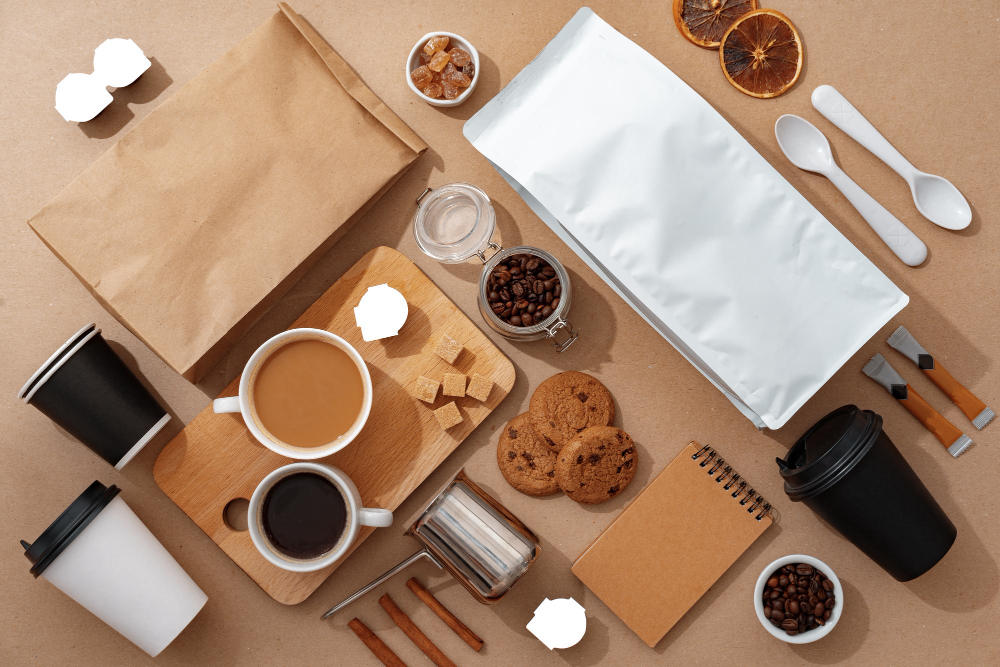
B2B use cases:
- Real estate offices giving clients a thank-you coffee set
- Hotels selling branded tea blends
- Corporate gifting companies offering food boxes with custom labels
Ideas to sell:
- Coffee beans in personalized bags
- Loose leaf teas with company branding
- Hot chocolate kits with marshmallows
- Spices, rubs, or sauce samplers in gift boxes
When choosing a dropshipping supplier, look for one that allows short expiration dates and proper food handling. Also, double-check if you can request sample boxes. You want to make sure the items match your brand’s style and taste.
7. Pet products
Pet owners don’t hold back when it comes to spending on their furry friends, and businesses that sell pet items know this. That’s why private label dropshipping products in this space work well. Whether it’s a grooming shop or a veterinary clinic, pet-related businesses are open to stocking branded items they trust.
B2B examples:
- Pet shops selling shampoo under their own label
- Vets offering vitamins or calming sprays
- Pet hotels giving out toys or food samples with every stay
Products to offer:
- Natural dog shampoo in branded bottles
- Chew toys in custom packaging
- Calming sprays made with essential oils
- Dental treats in resealable bags
Make sure your private label dropshipping supplier focuses on pet-safe materials. Products should also include clear usage instructions and ingredients. Business buyers will want to know everything inside, especially when selling to cautious pet parents.
8. Digital accessories
Everyone uses tech every day. So offering private label products like phone chargers or laptop sleeves gives you a way to reach companies that want to keep things stylish and functional. These are often used as gifts or practical office supplies.
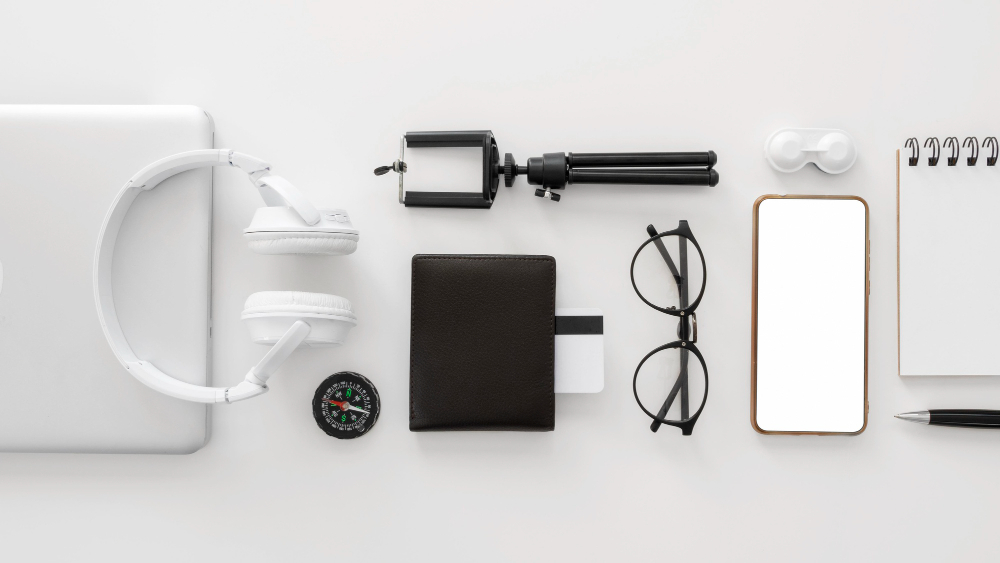
Good for:
- Tech companies building swag bags for employees
- Schools preparing student welcome kits
- Marketing agencies giving out USB drives during events
Items to dropship:
- Power banks with your logo printed on top
- Wireless chargers in branded boxes
- Laptop sleeves with padded interiors and taglines
- USB flash drives with your brand’s name
Look for dropshipping suppliers that include important key features like fast charging, water resistance, or sleek design. These help your product feel more thoughtful and useful to B2B buyers who care about quality.
How To Start Selling These Products With WooCommerce
Once you’ve chosen your private label products and found the right dropshipping supplier, the next step is setting up your online store. This is where WooCommerce comes in. It’s a free plugin that turns any WordPress site into an online store. It gives you a flexible way to sell your products, track orders, and manage customer information.
But if you’re selling to other businesses, and especially if you’re doing private label dropshipping, you’ll need tools that make B2B selling easier. That’s where Wholesale Suite comes in. It’s a full toolkit designed to help WooCommerce store owners manage wholesale pricing, bulk ordering, and B2B workflows without extra hassle.
Here’s how everything fits together:
Set wholesale pricing for your products
Wholesale buyers usually expect different prices compared to regular shoppers. If you’re offering private label products, you’ll need a way to give bulk buyers better deals without affecting your retail pricing.
With Wholesale Prices Premium, you can set custom pricing for different types of buyers. You can also create pricing tiers, so businesses get better rates when they order more. This is helpful if you’re selling things like branded supplements, office supplies, or skincare products that B2B buyers often need in bulk.
For example:
- 1–10 units: $12 each
- 11–50 units: $10 each
- 51+ units: $8 each
You control the prices based on quantity, product type, or buyer role. That means you can sell to small businesses and large buyers—all from the same store.
Use fast order forms for B2B buyers
Most business buyers don’t want to browse through a long list of product pages. They just want to search, click, and order.
Wholesale Order Form plugin gives you a quick and simple way to let them do that. It creates a searchable, filterable, one-page order form where B2B customers can easily add what they need.
Let’s say a wellness clinic wants to restock 20 boxes of herbal teas under your label. Instead of going through each product page, they can just type “herbal tea,” choose the amount, and check out. That’s the kind of experience wholesale buyers expect, and it’s exactly what Wholesale Suite helps you build.
Add a B2B registration system
Not everyone who visits your site should see your wholesale pricing. With Wholesale Lead Capture, you can create a separate registration form just for B2B customers. You collect info like business name, license, and expected order volume, so you know who you’re selling to.
Once approved, these buyers automatically see wholesale pricing, access bulk order forms, and skip the confusion. This keeps your store clean, organized, and business-focused.
It’s a small step that makes a big difference when you’re managing multiple wholesale accounts or offering special deals for private label clients.
Connect to your dropshipping supplier
When a customer places an order, your dropshipping supplier needs to receive it fast and accurately. Many private label dropshipping suppliers support WooCommerce or work with apps like:
These apps let you import products, track stock levels, and send out orders with just a few clicks. You can also add in your private label options, like branded packaging or inserts, if your supplier allows it.
Accept B2B payments the smart way
After you set up your store, pricing, and product catalog, the last piece is getting paid. But if you’re running a private label dropshipping business that serves other businesses, you can’t always expect your buyers to pay like regular shoppers.
Some wholesale buyers prefer paying later. Others want to pay by bank transfer or need invoices for their records. That’s where Wholesale Payments helps.
With Wholesale Payments, you can:
- Offer net payment terms (like Net 30/60/90)
- Let approved B2B customers place orders now and pay later
- Keep better track of unpaid orders and payment status
This setup is useful when you’re dealing with businesses that order your private label products in large amounts. Instead of forcing them to pay everything up front, you give them flexible payment options without using a third-party system.
Other Related Articles
Frequently Asked Questions
Private label dropshipping can sound a little tricky at first, especially if you’re new to selling B2B. So here are some of the most common questions store owners ask, and clear, simple answers that can help you move forward with confidence.
Can you private label dropship?
Yes, you can absolutely do private label dropshipping. It works by partnering with a dropshipping supplier who already makes the product you want to sell. Instead of sending your customer a plain, unbranded item, the supplier uses your logo and brand name on the product and packaging. When someone places an order in your store, the supplier handles everything—from packing the order to shipping it out. The customer sees your brand and thinks it came directly from you.
The best part is, you don’t have to buy stock upfront, rent a warehouse, or manage shipping. You simply focus on selling, while your supplier takes care of the behind-the-scenes work. For wholesale store owners, this setup means you can offer your own branded products and ship them directly to other businesses without touching any inventory yourself.
Is private label still profitable?
Yes, private label is still very profitable, especially if you know your audience. Many wholesale sellers prefer private label dropshipping because it gives them more control and better income without needing to spend a lot on inventory or warehouse space. When you own the brand, you decide how much to charge and how the product looks. This means you can stand out from sellers who are offering the same generic products from big marketplaces. With the right supplier and the right products, a small store can grow into a full private label dropshipping business that serves loyal wholesale customers month after month.
How do I become a private agent for dropshipping?
You’ll usually start by finding reliable private label dropshipping suppliers who offer the kind of products your target customers need. Once you have those partnerships in place, you can offer your own branded versions of the products and manage the orders that come in. As a private agent, you’re also the one handling customer service, checking in with the supplier, and making sure each order gets delivered correctly.
Some agents also help with design ideas, such as packaging or labeling. If you’re organized and good at managing orders, this can be a smart way to build a business without having to hold any inventory yourself. You’re basically helping other businesses get the products they need while running everything from your laptop.
Takeaways
Running a private label dropshipping business might seem overwhelming at first, especially if you’re new to B2B selling. There are many moving parts, such as finding the right products, setting up your store, and choosing suppliers you can trust. But once you take that first step, it all starts to make more sense.
In this article, we help you find the best private label products and show you how to grow your private label dropshipping business:
- What is Private Label Dropshipping
- Best private label dropshipping products
- How to start selling with WooCommerce
One of the biggest advantages of private labeling is the ability to sell private label products that feel unique to your business. You’re not stuck offering the same things that everyone else is selling. You get to build a brand, even if you never touch the products yourself.
The truth is, we’ve worked with thousands of wholesale store owners at Wholesale Suite who started in the same place—unsure how to manage bulk pricing, customer accounts, or even how to display their products for business buyers. Over the years, we’ve seen that the store owners who succeed are the ones who put their customers first. They create branded experiences, not just transactions.
So if you’re planning to build a private label dropshipping business, now is a good time to start. Focus on product categories that B2B buyers already need. Think about who you’re selling to and what kind of brand they would trust. Then, use WooCommerce and Wholesale Suite to bring that idea to life. You’ll be surprised how much easier things become when you have the right setup and the right strategy.
And remember: even big brands start small. What matters is that you start smart.

